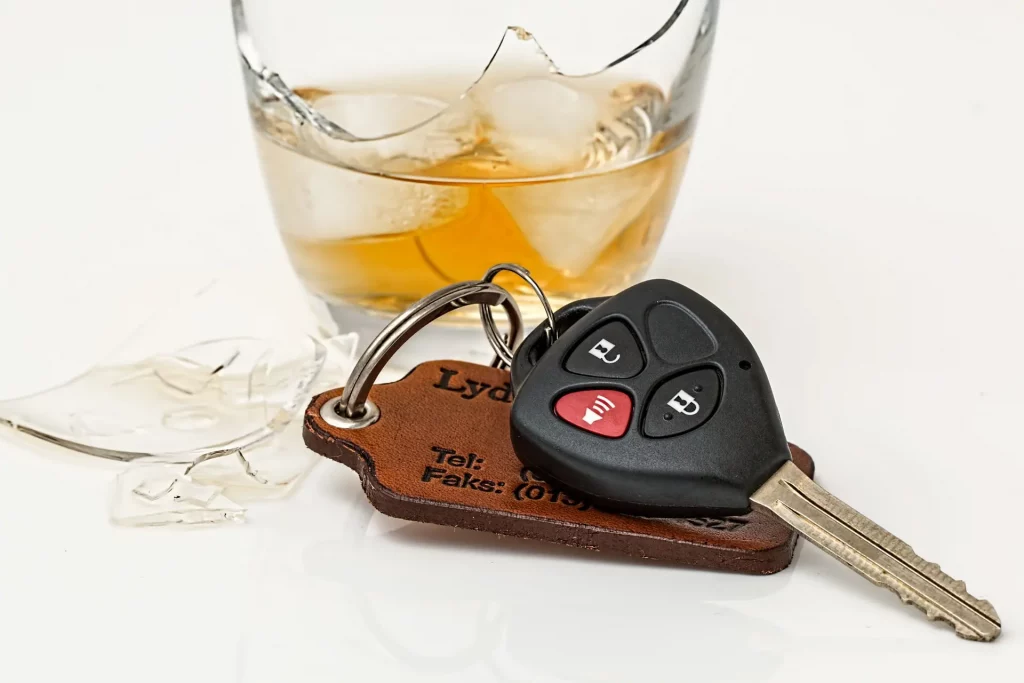In today’s digital age, social media is an integral part of our daily lives. From sharing personal milestones to keeping up with friends and family, platforms like Facebook, Instagram, Twitter, and LinkedIn have become virtual diaries for many. However, while these platforms offer numerous benefits, they also come with potential pitfalls, especially when you’re involved in a personal injury claim. At Rosenberg & Rodriguez, we understand how critical it is to manage your online presence carefully during such sensitive times. In this blog, we’ll explore how social media can impact your personal injury claim and provide some essential tips to safeguard your interests.
The Double-Edged Sword of Social Media
Social media can be a double-edged sword when it comes to personal injury claims. While it helps in staying connected and sharing life’s moments, it can also serve as a public record that may be scrutinized by insurance companies and defense attorneys. Here’s how:
Possible Evidence Against Your Claim
Insurance adjusters and defense attorneys are known to scour social media profiles of claimants to find evidence that could discredit their claims. Even innocent posts can be misconstrued or taken out of context to suggest that your injuries are not as severe as you claim.
Example: Imagine you’re involved in a car accident and have filed a claim for severe back injuries. If you post pictures or videos of yourself engaging in physical activities like dancing, lifting heavy objects, or even playing with your kids, these posts can be used as evidence to argue that your injuries are either exaggerated or non-existent.
Violations of Privacy
When you share something on social media, it’s no longer private. Even with stringent privacy settings, there’s always a risk of information leaking out. Friends or followers can share your posts, making them accessible to a broader audience, including those who might use the information against you.
Social Media as a Public Record
Once something is posted online, it can become a permanent record. Even if you delete a post later, it might have already been captured through screenshots or archived by third-party services. This permanence means that anything you post can potentially be used as evidence in your case.
Tips for Managing Your Social Media Presence During a Claim
Understanding the risks associated with social media is the first step. The next is knowing how to manage your online presence effectively to protect your personal injury claim. Here are some tips from the experts at Rosenberg & Rodriguez:
1. Adjust Your Privacy Settings
One of the most straightforward steps you can take is to adjust your privacy settings on all social media platforms. Make your profiles private so that only your friends and family can see your posts. However, remember that even stringent privacy settings are not foolproof.
2. Think Before You Post
Always think twice before posting anything online. Ask yourself whether your post could be misinterpreted or used against you. When in doubt, it’s better not to post.
3. Avoid Discussing Your Case
Refrain from discussing any details of your personal injury case online. This includes not only posts and comments but also messages and chats. Any information related to your accident, injuries, medical treatment, or legal proceedings should be kept confidential.
4. Monitor Tagged Posts
Be mindful of posts and photos in which others tag you. Even if you don’t post anything yourself, friends and family might inadvertently share something that could be used against you. Adjust your settings to review tags before they appear on your profile.
5. Inform Your Friends and Family
It’s essential to inform your close friends and family about your ongoing personal injury claim and the importance of not posting anything related to your case on social media. Their cooperation can be crucial in protecting your interests.
6. Review Old Posts
Take some time to review your old social media posts and remove anything that could be potentially damaging to your claim. This includes posts, comments, photos, and videos that might contradict your injury claims or paint you in a negative light.
Real-Life Cases Where Social Media Impacted Claims
To better understand the significance of managing your social media presence, let’s look at some real-life cases where social media played a pivotal role in personal injury claims:
Case Study 1: The Skiing Incident
In one notable case, a woman filed a personal injury claim after a car accident, stating that she had suffered severe neck and back injuries. However, during the litigation process, the defense team discovered photos on her Facebook profile showing her skiing on a vacation. These photos were used to argue that her injuries were not as severe as she claimed, ultimately leading to a reduced settlement.
Case Study 2: The Gym Enthusiast
In another case, a man claimed to have sustained debilitating injuries in a workplace accident, preventing him from engaging in physical activities. However, his Instagram profile told a different story. The defense team found multiple posts of him lifting weights at the gym. This evidence significantly weakened his claim, resulting in a dismissal of his case.
Case Study 3: The Partygoer
A young woman filed a personal injury claim after slipping and falling at a grocery store, asserting that the accident had left her with chronic pain and limited mobility. Despite her claims, the defense team discovered recent photos on her social media accounts depicting her dancing and partying with friends. These posts were used to cast doubt on the authenticity of her injuries, leading to a lower settlement offer.
How Rosenberg & Rodriguez Can Help
At Rosenberg & Rodriguez, we understand the complexities and nuances of personal injury claims. Our experienced attorneys are well-versed in navigating the challenges posed by social media and can provide you with the guidance and support you need to protect your case. Here’s how we can help:
Comprehensive Case Evaluation
We conduct a thorough evaluation of your case, considering all aspects, including potential social media pitfalls. Our team will guide you on how to manage your online presence effectively to avoid jeopardizing your claim.
Expert Legal Advice
Our attorneys provide expert legal advice tailored to your unique situation. We’ll help you understand the dos and don’ts of social media usage during your claim, ensuring that you don’t inadvertently harm your case.
Aggressive Representation
We aggressively represent your interests, ensuring that insurance companies and defense attorneys don’t unfairly use your social media activity against you. Our goal is to secure the maximum compensation you deserve for your injuries.
Ongoing Support
From the moment you file your claim to the final resolution, we’re with you every step of the way. Our team provides ongoing support and updates, keeping you informed about the progress of your case and any potential social media concerns.
Contact Our NYC Personal Injury Lawyers Now
Social media is a powerful tool that can significantly impact your personal injury claim, both positively and negatively. By understanding the risks and taking proactive steps to manage your online presence, you can protect your interests and strengthen your case. At Rosenberg & Rodriguez, we’re committed to helping you navigate the complexities of personal injury claims in the digital age.
If you’ve been injured and need expert legal representation, don’t hesitate to reach out to us. Contact Rosenberg & Rodriguez today for a free consultation and learn more about how we can help you secure the compensation you deserve.




